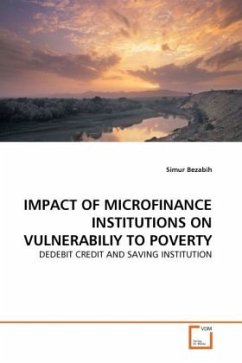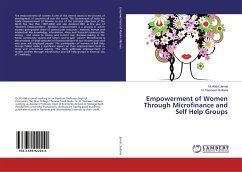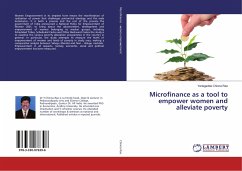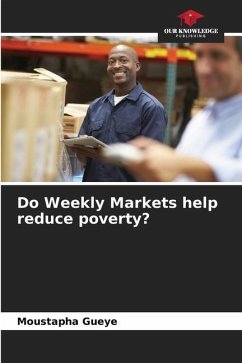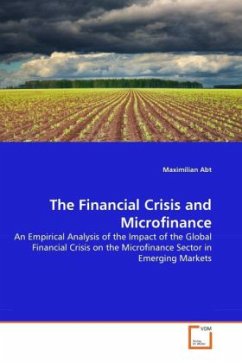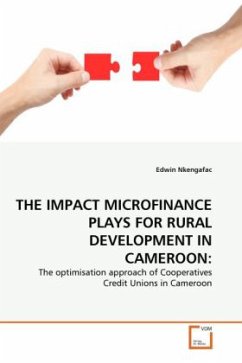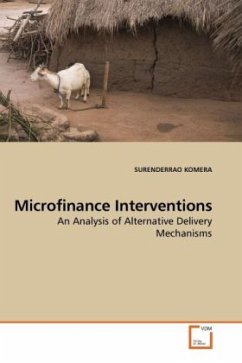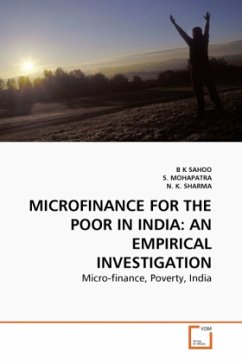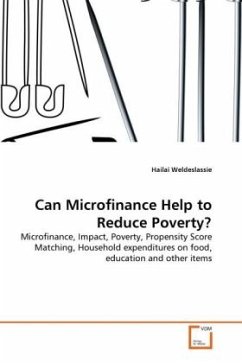
Can Microfinance Help to Reduce Poverty?
Microfinance, Impact, Poverty, Propensity Score Matching, Household expenditures on food, education and other items
Versandkostenfrei!
Versandfertig in 6-10 Tagen
32,99 €
inkl. MwSt.

PAYBACK Punkte
16 °P sammeln!
Microfinance has broadened rapidly since its inception in the late 1970s, but scholars have divergent views whether and how much it helps the poor. This research reports on the assessment of the impact of participation in microfinance. However, it is difficult to establish a causal relationship between participation and poverty indicators, because of unobserved heterogeneity and reverse causality. These issues were largely avoided in the present study, which used propensity score matching and FE and RE methods to examine whether microfinance helps to reduce poverty. This study analyzes if micr...
Microfinance has broadened rapidly since its inception in the late 1970s, but scholars have divergent views whether and how much it helps the poor. This research reports on the assessment of the impact of participation in microfinance. However, it is difficult to establish a causal relationship between participation and poverty indicators, because of unobserved heterogeneity and reverse causality. These issues were largely avoided in the present study, which used propensity score matching and FE and RE methods to examine whether microfinance helps to reduce poverty. This study analyzes if micro credit scheme helps to reduce poverty and explore its impact on household productive and fixed asset holdings of clients. Moreover, it examines its impact on some basic household poverty indicators. This study is very essential to the poverty camp and sustainabilty camp proponents and sheds some light on the the open- ended arguments of impact of microfinance on poverty. It further expounds the question why such chronic poverty despite the numrous microfinance instituions in developning countries?



